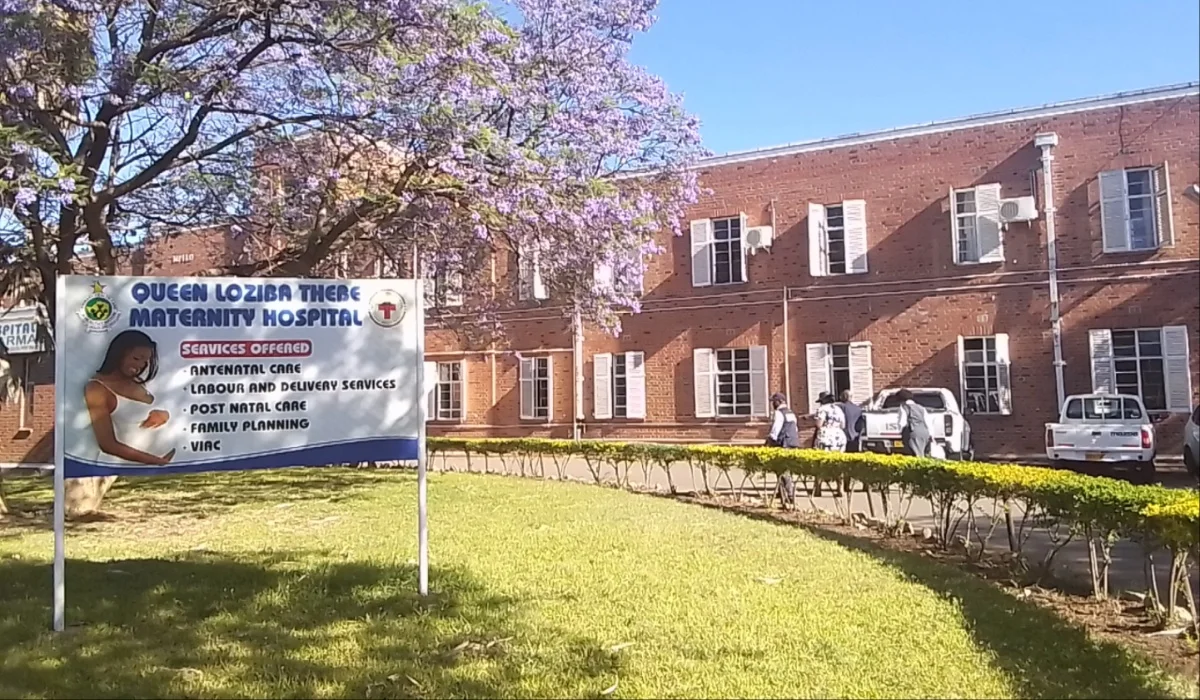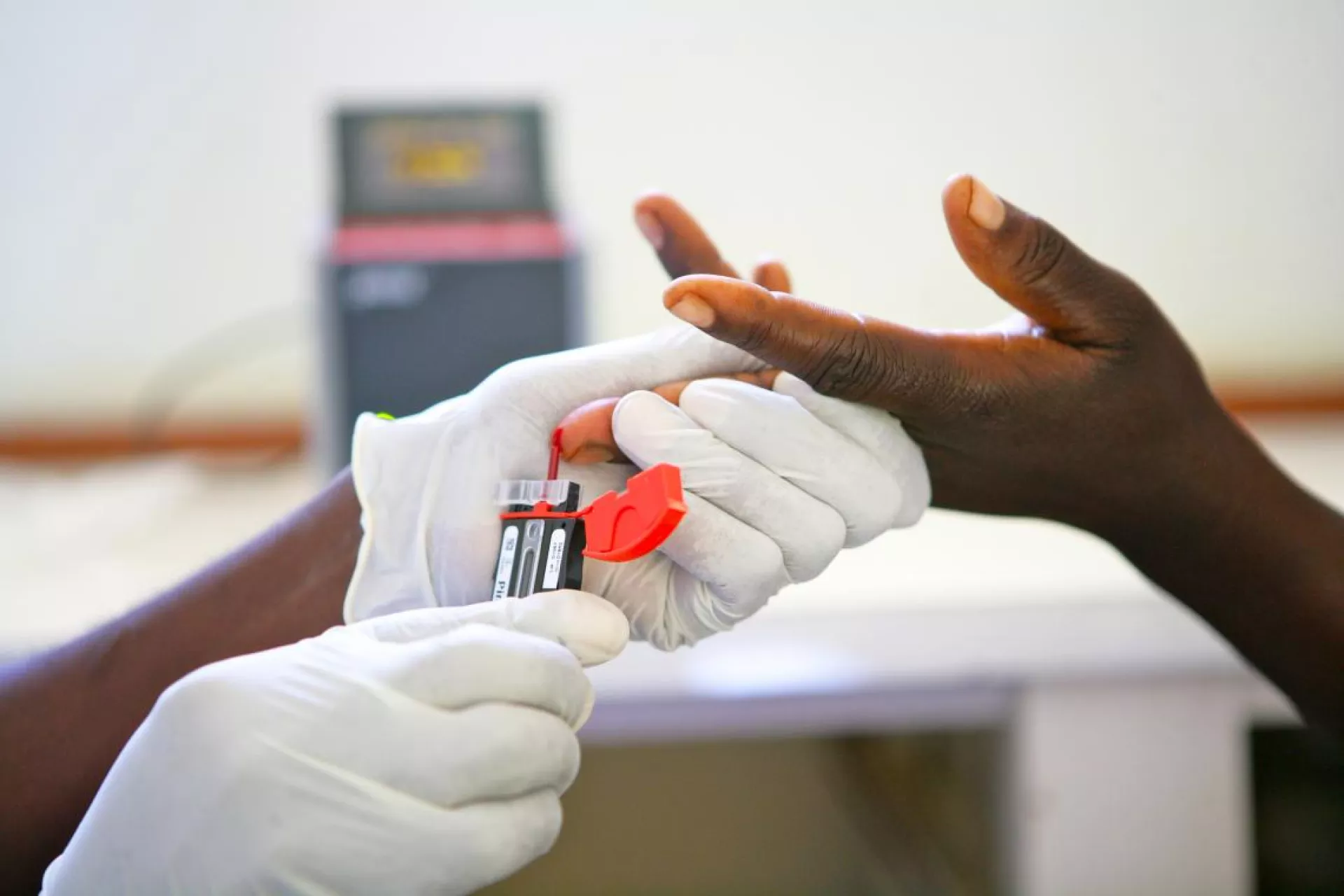National
Families Discover Daughters Were Switched at Birth after 18 Years

By Desmond Nleya
BULAWAYO – Two families are grappling with shock and heartbreak after discovering that their daughters, now 18, were accidentally swapped at birth at Mpilo Central Hospital on May 13, 2007.
The mix-up came to light when the father of one girl, a Bulawayo resident, noticed that his youngest daughter bore no resemblance to her siblings. Acting on suspicion, he secretly commissioned a DNA test, which revealed she was not biologically his.
A family source said: “He accused his wife of infidelity, and the couple became estranged. She was devastated because she had been faithful.”
Determined to uncover the truth, the mother returned to Mpilo Hospital and discovered that only two girls were born on that day. She eventually identified the other mother through hospital records and, in 2023, contacted her via social media. A DNA test confirmed the daughters had been swapped.
The revelation has turned both families’ lives upside down. Mpilo Hospital reportedly admitted negligence, explaining that baby identification tags likely slipped off and were incorrectly replaced. The hospital cited staffing shortages and compromised systems during Zimbabwe’s severe economic crisis in 2007.
Mpilo Hospital chief medical officer Dr. Narcisius Dzvanga has yet to provide a detailed response regarding the incident, including preventive measures or psychological support for the affected families.
Sources close to the families criticized the hospital’s handling of the situation: “The least they could have done was provide psychological support, but the families are left to navigate this trauma alone.”
The situation was further complicated by the death of the Shurugwi-based girl’s father, who passed away before learning the truth. While the Bulawayo family has offered to care for both girls, the Shurugwi family, whose mother resides in South Africa, is still deciding. Efforts have been made for the girls to spend time with both families, though language and cultural differences—one family is Shona-speaking, the other Ndebele—have added challenges.
Both families are reportedly consulting lawyers over potential lawsuits against the hospital.
This case follows a similar incident at United Bulawayo Hospitals (UBH) earlier this year, when a boy and girl were accidentally swapped at birth. Private DNA testing confirmed the error, prompting police intervention and legal proceedings.
The Mpilo case also echoes a 2014 precedent in South Africa, where the North Gauteng High Court ruled that children swapped at birth should remain with the families who raised them, while granting biological parents visitation rights. The ruling highlighted the profound emotional trauma such errors cause.
The timing of the revelation is particularly damaging for Mpilo Central Hospital, which recently faced multiple scandals. These include admitting nursing students with forged O’ Level certificates and a man posing as a doctor while attending to patients.
The incidents have raised serious concerns about patient safety and institutional oversight at the country’s largest referral hospital serving Matabeleland South, Matabeleland North, Bulawayo, Midlands, and Masvingo.
Source: Zim Live



